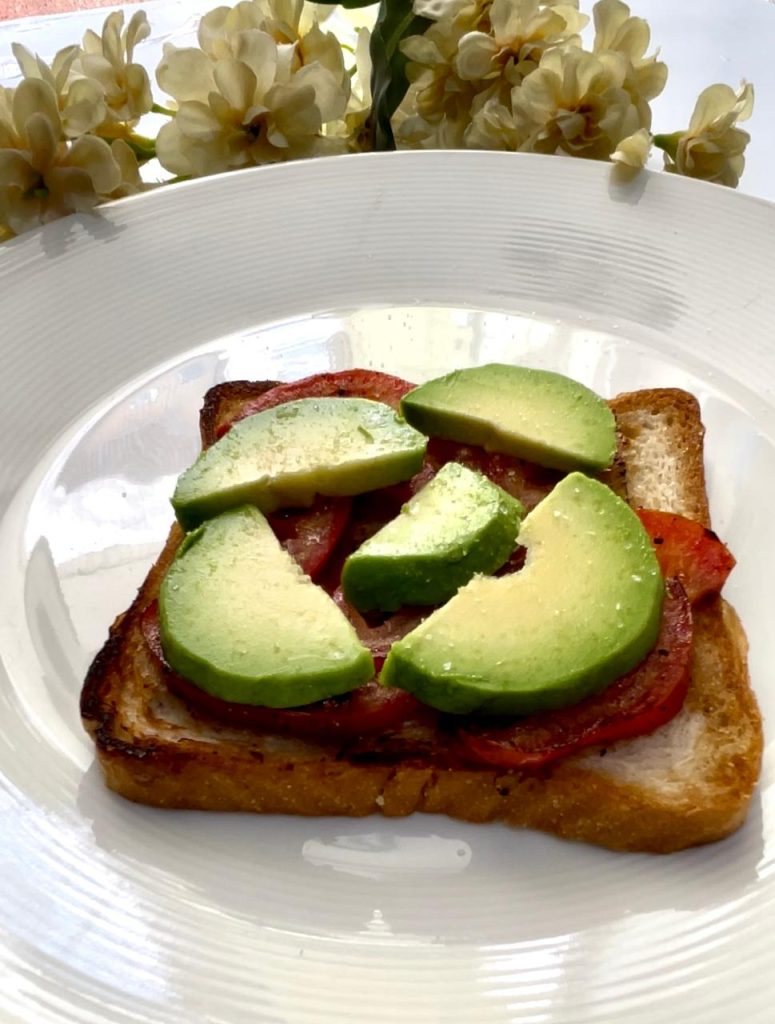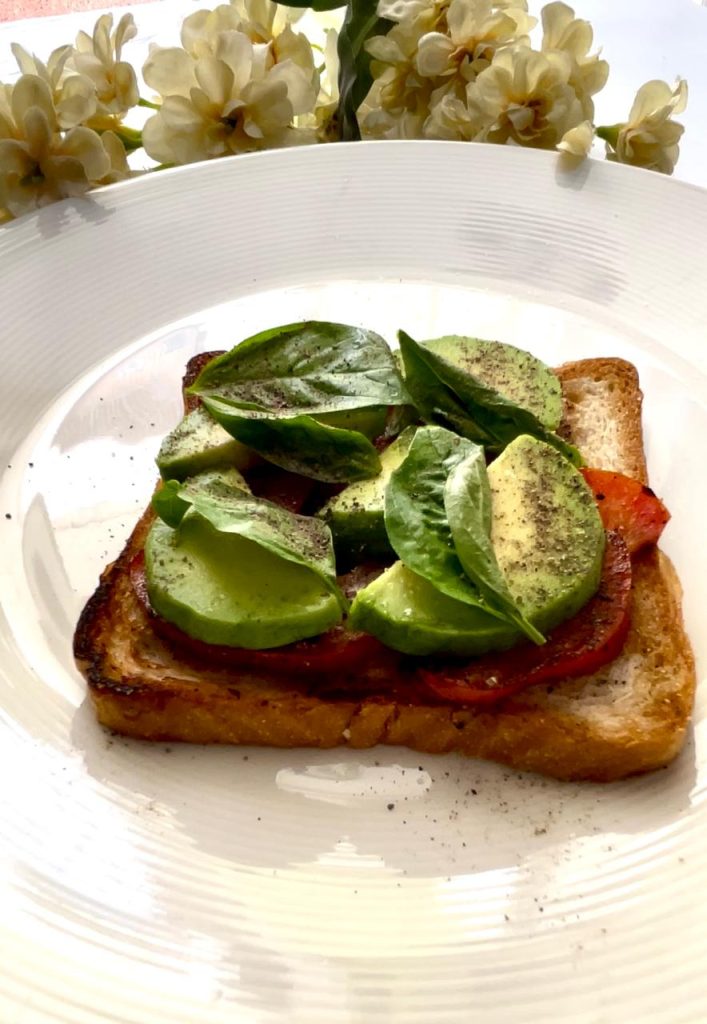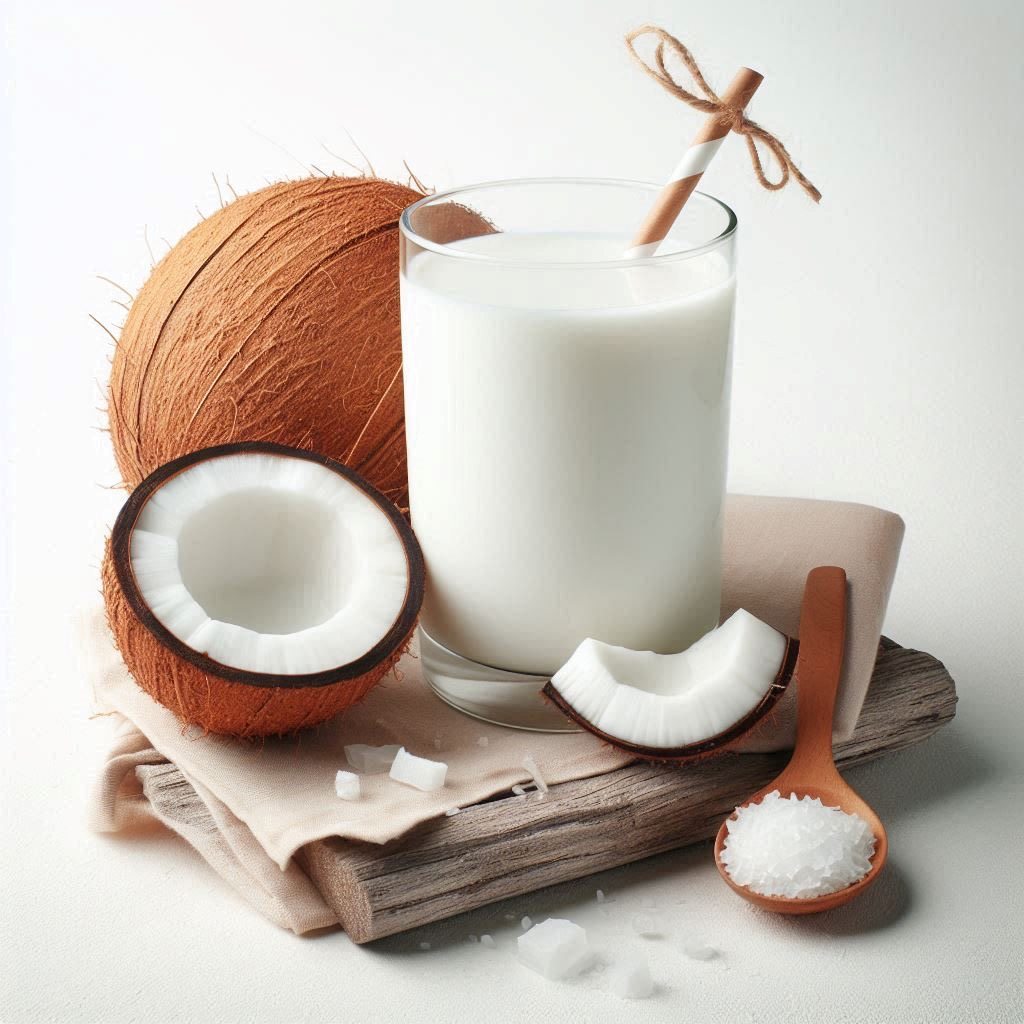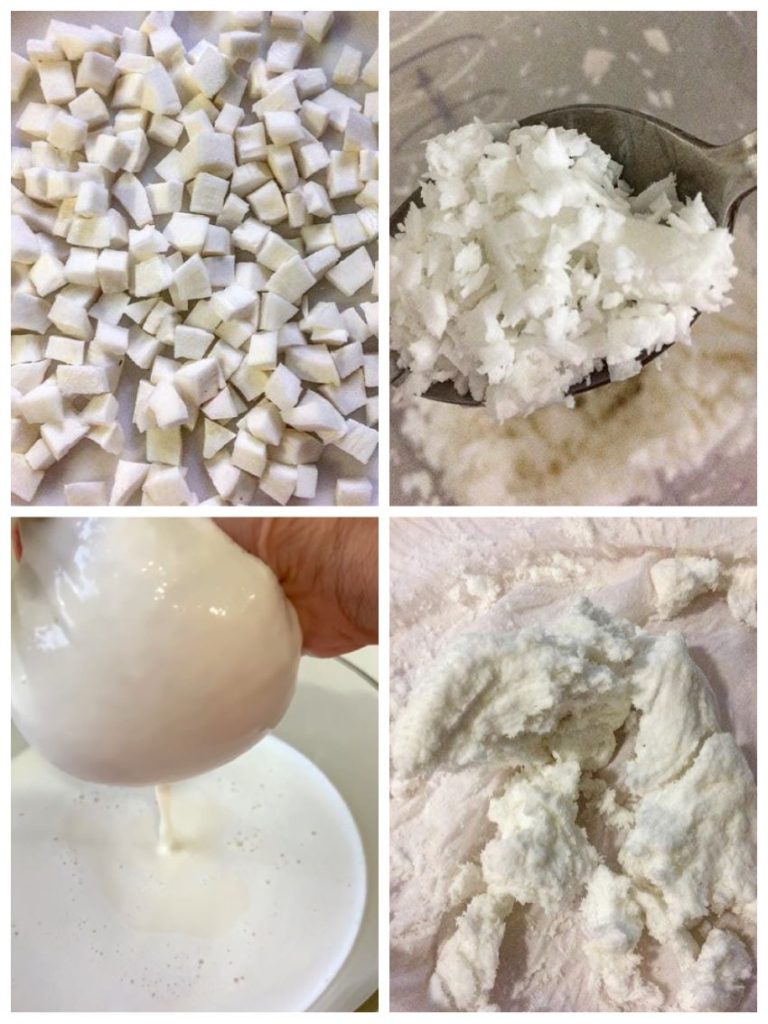
As parents, we often want to protect and assist our children in every way possible. However, doing everything for them can hinder their growth and independence. To raise confident, capable, and independent children, it’s essential to allow them to do things for themselves within a safe environment. Giving them age-appropriate responsibilities helps them develop essential life skills and a sense of accomplishment.
The Importance of Independence
Encouraging independence in young children lays the foundation for self-reliance and problem-solving abilities. It helps them build confidence, resilience, and a sense of responsibility. When children learn to complete tasks on their own, they feel empowered and capable, which boosts their self-esteem and prepares them for future challenges.
Creating a Safe Environment
Safety is a top priority when fostering independence in children. Here are some tips to create a safe environment for your little ones:
- Childproof Your Home: Ensure your home is safe by securing sharp objects, covering electrical outlets, and removing hazardous materials. Install safety gates and locks where necessary.
- Set Clear Boundaries: Establish clear rules and boundaries to help your child understand what is safe and acceptable. Consistent guidance helps them learn self-discipline.
- Supervise Appropriately: While giving your child space to explore and complete tasks, always supervise them closely to ensure their safety. Gradually reduce supervision as they become more skilled and confident.
Age-Appropriate Tasks for 1-5 Year Olds
Here are some age-appropriate responsibilities for young children that promote independence:
1-2 Years:
- Picking Up Toys: Encourage your child to put their toys back in a designated bin after playtime. Make it a fun activity by singing a clean-up song together.
- Feeding Themselves: Allow your child to use a spoon or their hands to eat finger foods. Provide a bib and a spill-proof mat to minimize messes.
- Helping with Dressing: Let your child try to put on simple clothing items like socks, shoes, or a hat. Offer guidance and praise their efforts.
2-3 Years:
- Washing Hands: Teach your child to wash their hands with soap and water before meals and after using the bathroom. Use a step stool to help them reach the sink.
- Putting Away Groceries: Involve your child in unpacking groceries by assigning them light and safe items to put away, like cereal boxes or canned goods.
- Watering Plants: Give your child a small watering can and let them water indoor or outdoor plants. This task teaches them to care for living things.
3-4 Years:
- Setting the Table: Show your child how to set the table by placing napkins, utensils, and cups. Start with a simple setup and gradually add more items as they become proficient.
- Brushing Teeth: Encourage your child to brush their teeth with supervision. Use a timer or a fun song to ensure they brush for the recommended two minutes.
- Sorting Laundry: Let your child help sort laundry by colors or types of clothing. This activity teaches them about organization and categorization.
4-5 Years:
- Making the Bed: Guide your child in making their bed each morning. Start with simple tasks like straightening the pillow and pulling up the blanket.
- Preparing Simple Snacks: Involve your child in preparing easy snacks like spreading peanut butter on bread or assembling fruit bowl. Supervise closely and teach kitchen safety.
- Cleaning Up Spills: Show your child how to clean up small spills with a cloth or paper towel. This task teaches responsibility and helps them develop problem-solving skills.
Encouraging Independence
Encouraging independence in young children requires patience and consistency. Celebrate their achievements, no matter how small, and offer gentle guidance when needed. Remember, the goal is not perfection but progress. By allowing your child to take on age-appropriate responsibilities, you’re helping them develop essential life skills that will serve them well throughout their lives.
Raising independent children starts with giving them the freedom to do things for themselves. By creating a safe environment and providing age-appropriate tasks, you can help your child build confidence, responsibility, and resilience. Remember, the journey to independence is a gradual process, and every small step counts. Encourage your child, celebrate their successes, and watch them thrive.
If you have any tips or experiences on raising independent children, feel free to share them in the comments below. Let’s support each other in this rewarding journey of parenthood!






















